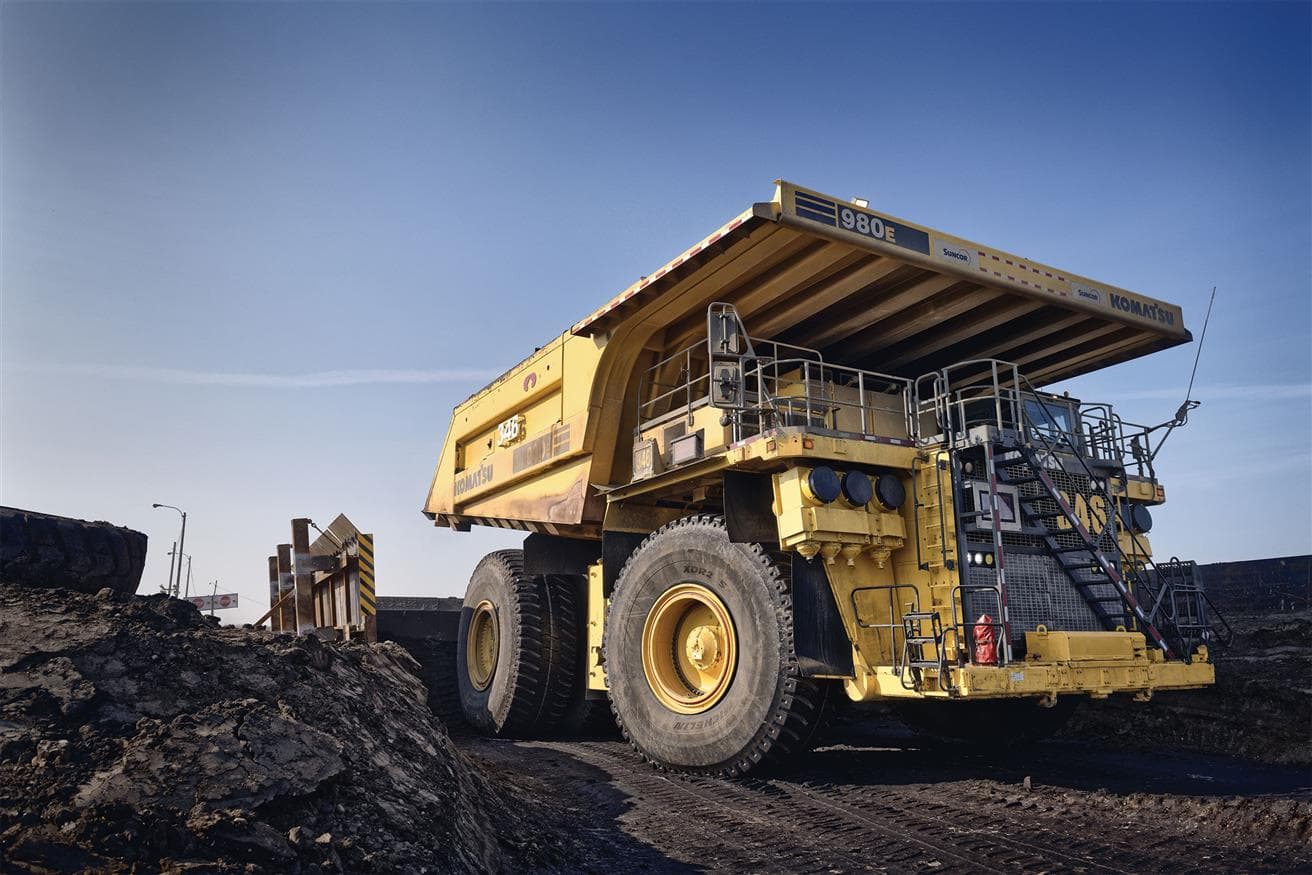Our business

Exploration and production
We have assets and investments in the East Coast of Canada, and other international locations.

Refining
Our four refineries in Canada and the U.S. process oil sands crude into high-quality refined products.

Supply and trading
We supply and trade crude oil, natural gas, sulphur and petroleum coke to mid-to large-sized businesses.

Petro-Canada
A Suncor business, Petro-Canada™ has a network of more than 1,800 retail and wholesale outlets across Canada.
Operational excellence
Operational excellence means operating in a way that is safe, reliable, cost-efficient and environmentally responsible. For Suncor shareholders, operating in this way helps us mitigate the risks associated with our business and allows us to maximize your investment.
We have four pillars that provide focus and direction:
Our locations







.jpeg?mw=304&modified=20230105160907&hash=D392FD7E7DA6923895F3CDB2E9008CF3)
